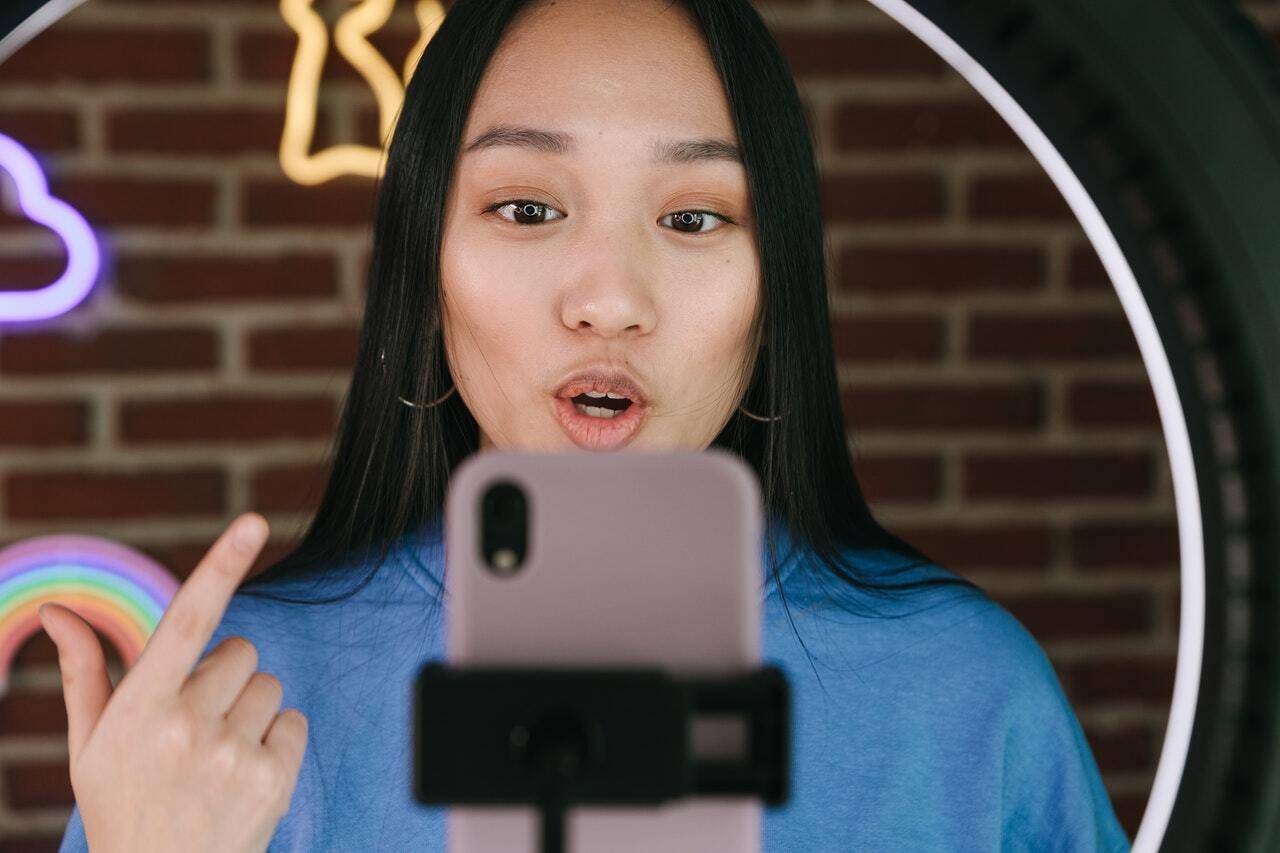
Influencer marketing has made waves in the industry during the last few years in both positive and negative ways. While most brands experience significant success with influencer marketing campaigns, others refuse to use this tool altogether because of issues like legitimacy or trouble finding an influencer with the right audience.
Regardless, influencer marketing has driven incredible ROI for many brands. It’s an industry that reached $6.5 billion in 2019 and continued to grow. Since then, the global influencer marketing market size has more than doubled, reaching $13.8 billion in 2021. For these reasons, many marketers want to pursue this approach to raise awareness of their brand and increase engagement.
However, quantifying the value of influencer marketing can be a challenge, particularly with physical products. While online products and services can be tracked with urchin tracking module (UTM) codes, it’s more difficult to measure the value of exposure for a physical item. Additionally, even with likes, reach and exposure generated by a post, there’s no guarantee it will translate into a sale, especially if the influencer’s audience isn’t local.
Influencer marketing is less about paid advertising and direct ads. Rather, it’s more about the relationship between your brand, ideal customer, and who they are already visiting online. It’s more important to build relationships in this scenario than maximize the number of transactions that can be made. That’s because customers are looking for a trusted voice from within their online community.
Influencer marketing is a channel of marketing that puts its focus on influential people, as opposed to the target market as a whole. This channel identifies influential people who can generate sales and calibrates marketing activities around these individuals. It’s a hybrid model of new and old marketing strategies that become part of a modern content-driven influencer marketing campaign.
As an influencer, you’re demonstrating to customers that you have authority, credibility and thought leadership within an industry. This method uses an amalgam of online marketing influencers, celebrities and word of mouth marketing in tandem with user-generated content to promote products and services to audiences. This is different from traditional advertising, which tends to push unwanted products in front of consumers.
While successful YouTubers are making millions off of their videos, businesses are making $6.50 for every $1 spent on influencer marketing. And at least 70% of millennial consumers say they are influenced by the recommendations of their peers in buying a product. The impact of social marketing can be seen in the following ways:
At 91%, increased exposure was the top benefit in a survey of 3,700 marketers who utilized social media marketing as part of their marketing strategy. Some cited that investing as little as six hours per week in social media resulted in increased exposure. This method allows companies to stay at the forefront of current customer minds and seek out new customers on their preferred platforms.
At least 90% of marketers discovered that being active on social media increased exposure for their business. Meanwhile, 75% of businesses that were engaged in social media for at least a year claim larger increases in traffic. The task of encouraging social media users to leave the social platform and visit the official website is a cumbersome one, which involves promoting engaging content and consumer-centric ads with a call to action that encourages consumers to visit website properties.
At least 73% of B2C marketers were shown to develop a loyal fan base, compared to 63% of B2B marketers. This may be because most social media users engage with social platforms for their personal needs. B2B marketing targets various decision-makers at different stages in the purchasing process. It focuses on aspects like interests, job titles and demographics, making it easier for social platforms like Twitter, Instagram and Facebook to target audiences. Therefore, B2B marketers are able to better segment individual messages based on what users want or need.
Almost 70% of marketers claim that social media videos provided insights toward marketing that weren’t available before. Social media allows you to see consumers from an inside perspective, which provides valuable information on who they are, what interests they have, and what products they are seeking. Additionally, 74% of consumers share video content from brands on social media.
At least 65% of marketers rank lead generation as their major challenge through these platforms. Generating leads is the most valuable aspect of social media marketing and can have the biggest impact on your bottom line. Generating leads begins with the community and building trust, then presenting a need for what you’re offering. There are numerous ways to generate social media leads. Special offers like free giveaways and sweepstakes on social media get people engaged in campaigns. Paid social ads are more valuable than ever because they allow users to see less promotional content and more relevant content they want to see. Promoting gated content leads customers back to your landing page, which is one of the easiest ways to generate social media leads.
Successful influencer campaigns are more than just getting clicks to your website. It’s about finding the right voice to articulate the message of your brand. Hopefully, in doing so, you’ll raise awareness of your brand while continually increasing your ROI. This begins with understanding the psychology of your audience and producing content that speaks directly to them. In doing so, you’re demonstrating yourself as an authority on the subject matter, which builds trust and leads to more sales.
Trevor Ballanger is a Copywriter at Mulberry Marketing Communications, an award-winning full-service B2B communications agency based in Chicago, London and Melbourne. He enjoys writing B2B content in a way that’s both entertaining and informative.